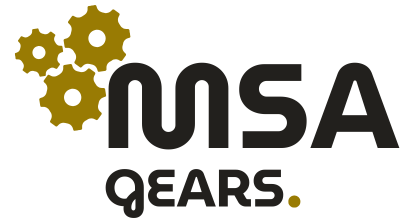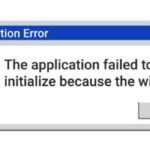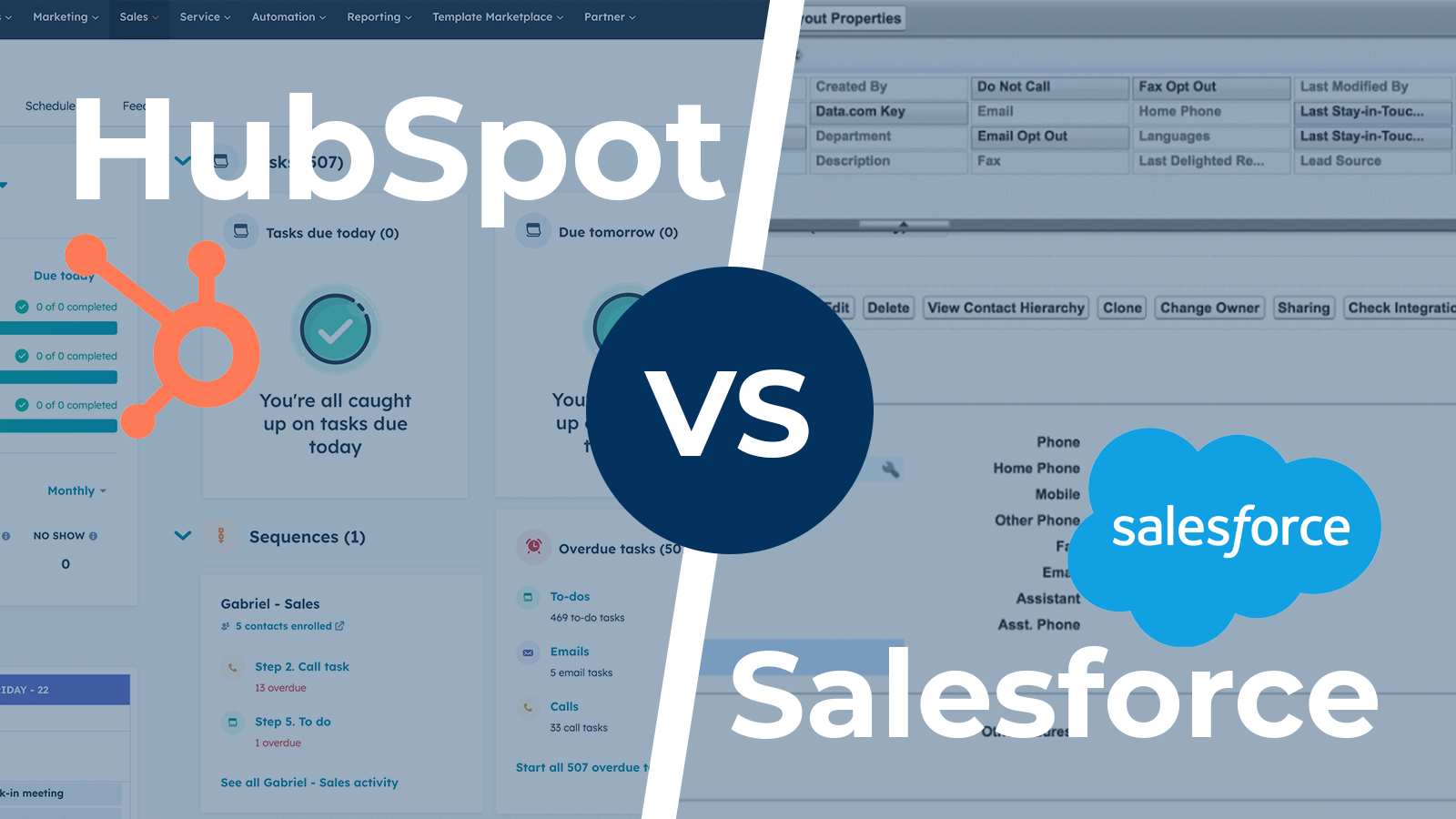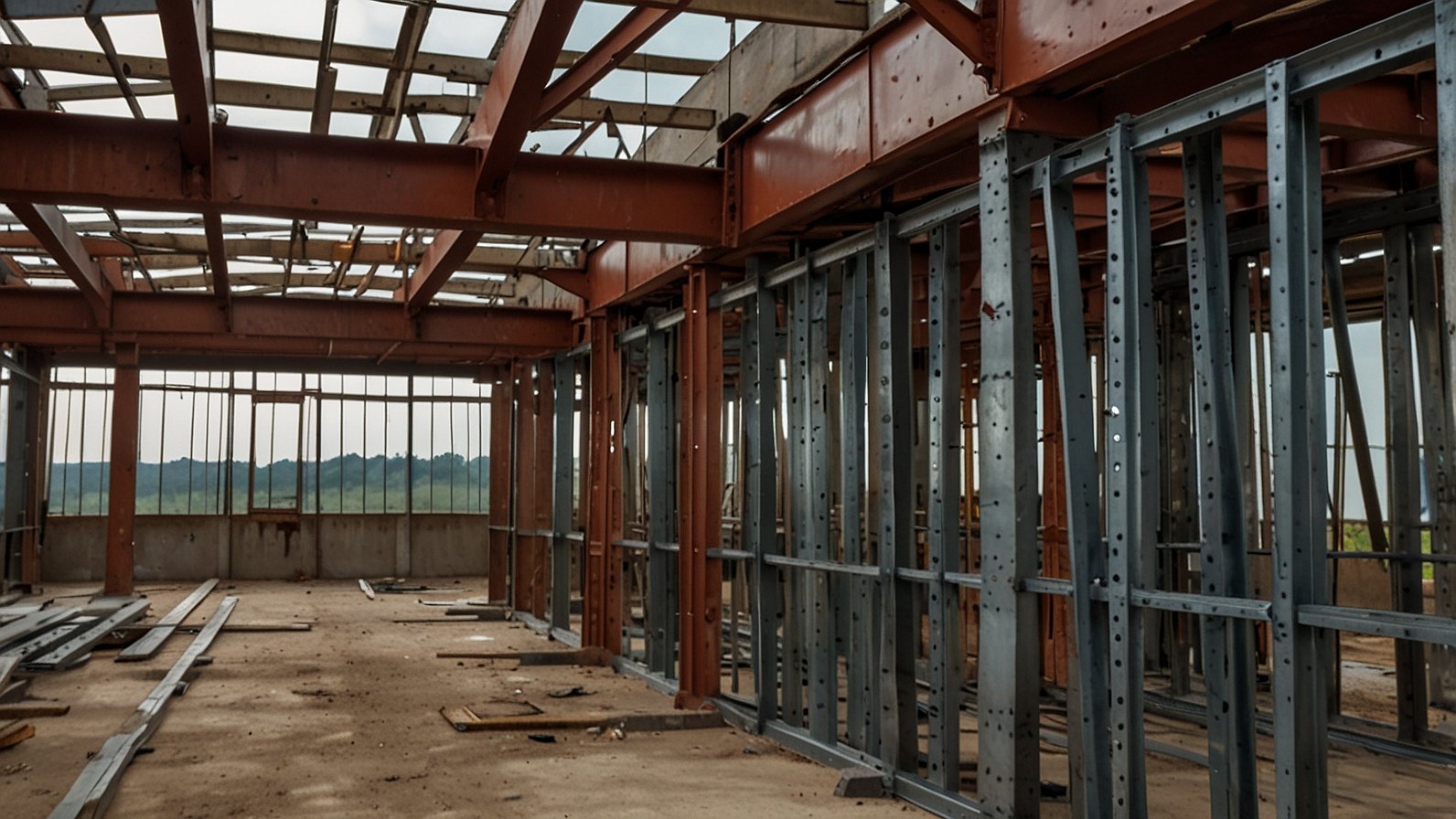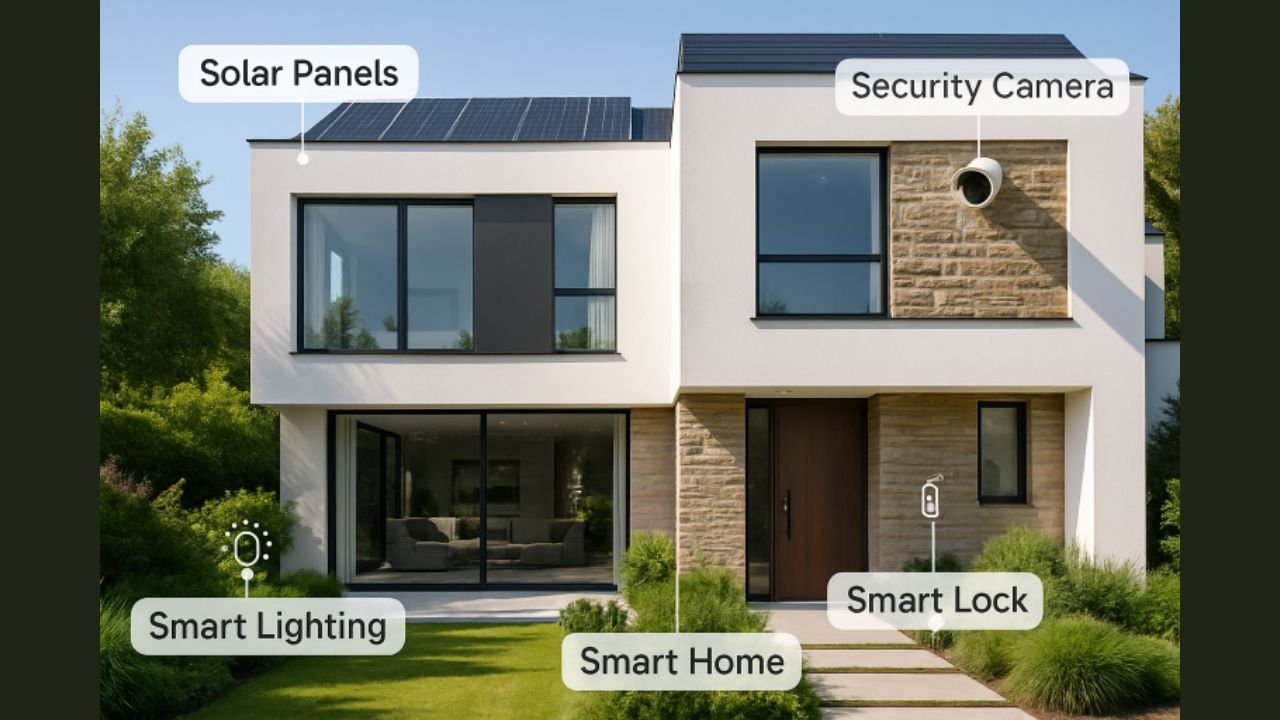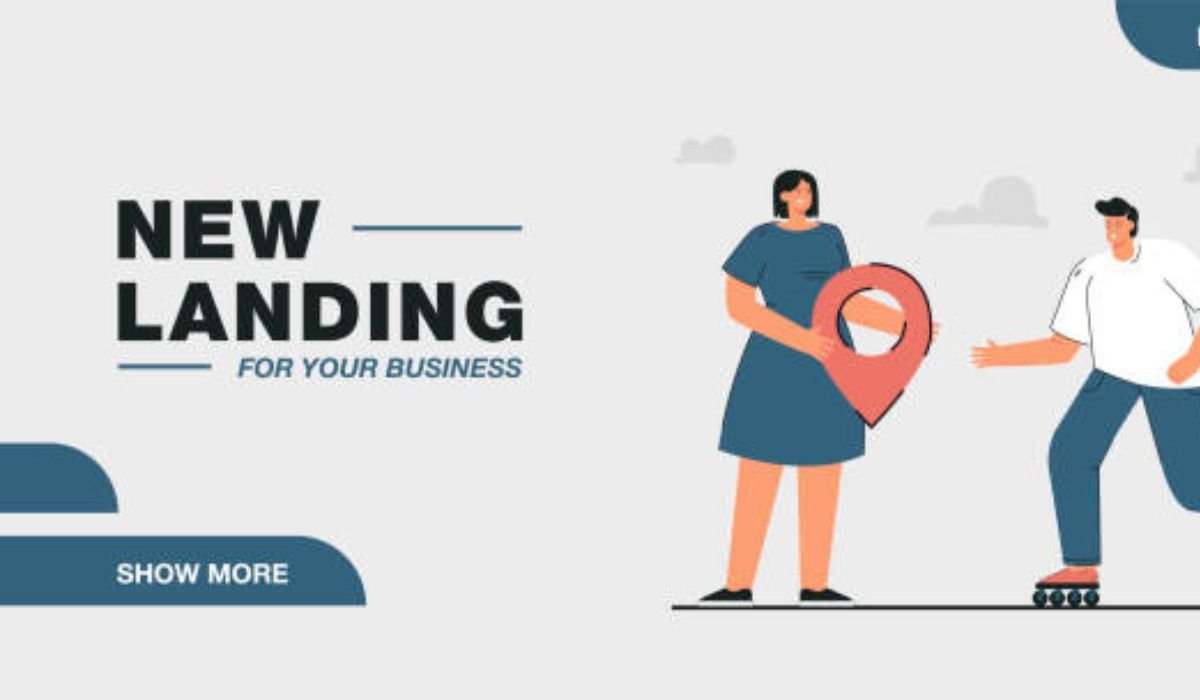Introduction
Choosing the right automotive CRM can make or break your dealership’s sales game. With so many options out there, it’s easy to feel overwhelmed. HubSpot and Salesforce are big names, but are they built for car dealerships? Then comes Spyne, a CRM made specifically for the automotive world.
In this blog, we’ll compare HubSpot, Salesforce, and Spyne to see which one truly fits the needs of modern dealerships. From lead tracking to inventory integration, we’re diving into what matters most. If you’re looking for a CRM that works for your dealership, you’re in the right place.
What is an Automotive CRM for a Car Dealership?
An auto sales CRM is a customer relationship management tool built for car dealerships. It helps manage leads, automate follow-ups, track customer interactions, and organize inventory data. Unlike generic CRMs, an automotive CRM for car dealerships integrates with systems like DMS, vehicle listings, and online marketplaces. It allows your sales team to respond faster, personalize communication, and close more deals.
It also tracks customer behavior, service history, and buying preferences. This makes customer engagement smarter and more effective. In short, a dealership CRM simplifies dealership operations while improving sales and service performance.
Overview of Spyne Car Dealership CRM
Spyne is a purpose-built automotive CRM designed specifically for car dealerships. It helps dealers manage leads, automate follow-ups, and streamline communication across platforms. What makes Spyne stand out is its deep understanding of dealership operations. It integrates easily with inventory systems, DMS, and online marketplaces. Spyne also offers AI-powered tools to respond to leads instantly, even after hours. It tracks calls, chats, and messages in one unified dashboard. This helps sales teams act faster and close more deals. Unlike generic CRMs, Spyne requires no complex setup. It’s ready to go, right out of the box.
For dealerships looking for efficiency, speed, and better lead conversion, Spyne delivers everything you need in one smart dealership CRM.
Overview of HubSpot CRM for Car Dealerships
HubSpot is a well-known CRM, but it’s not built as a car dealership CRM. It offers lead tracking, email automation, and basic sales tools that can support general business needs. For car dealerships, it may work for simple lead management and marketing tasks.
However, HubSpot lacks key automotive features. It doesn’t integrate directly with vehicle listings, DMS platforms, or dealership marketplaces. Customization is often needed, which can slow down adoption and add extra costs.
While the interface is clean and easy to use, it’s not tailored for the fast-paced nature of auto sales. HubSpot may suit very small dealerships, but most car dealers will need a more focused automotive CRM for better results and efficiency.
Overview of Salesforce CRM for Car Dealerships
Salesforce is a powerful CRM, but it’s not built as an automotive CRM. It offers advanced automation, detailed reporting, and deep customization. Large dealership networks sometimes use it to manage complex workflows and multi-location operations.
However, Salesforce doesn’t come ready for automotive use. It lacks built-in tools for inventory management, DMS integration, or marketplace syncing. Dealerships often need developers or third-party apps to make it work, which increases setup time and cost.
The platform is feature-rich but not easy to navigate for dealership staff. For small or mid-sized dealers, Salesforce may feel overly complex. Without automotive-specific tools, it’s not the most practical auto sales CRM for car dealerships for everyday needs.
Feature Comparison: Spyne vs HubSpot vs Salesforce
Each CRM offers different features that impact how dealerships manage leads and sales. Not all platforms meet the specific needs of automotive businesses. Here’s a clear comparison of Spyne, HubSpot, and Salesforce to highlight their strengths.
| Feature | HubSpot | Salesforce | Spyne |
| Automotive CRM Focus | General CRM, not auto-specific | Customizable but no built-in auto tools | Built specifically as an automotive CRM |
| Lead Management | Basic lead tracking and nurturing | Advanced lead scoring and routing | AI-powered lead handling with instant responses |
| Inventory Integration | No direct integration | Requires custom add-ons | Real-time sync with dealership inventory |
| Marketplace Connectivity | Limited or requires custom setup | Needs third-party apps | Seamless connection to online marketplaces |
| Automation & Follow-ups | Email sequences, simple workflows | Complex automation capabilities | Automated follow-ups tailored for car sales |
| Reporting & Analytics | Standard reports | Highly customizable dashboards | Auto-specific reports focused on sales & leads |
| User Experience | Easy for beginners | Powerful but complex | Simple, dealership-focused interface |
| Setup & Maintenance | Quick to start, minimal setup | Lengthy and costly setup | Ready out-of-the-box with auto integrations |
Which Automotive CRM is Best for Your Dealership?
Finding the right CRM for car dealership depends on your dealership’s size, budget, and goals. Here are six tips to help you decide which CRM fits your needs best:
1. Assess Your Dealership Size
Small dealerships may prefer simpler CRMs like HubSpot, while larger groups might need Salesforce’s advanced features or Spyne’s auto-focused tools.
2. Prioritize Automotive-Specific Features
Look for CRMs that integrate with your inventory and marketplaces, like Spyne, to save time and improve accuracy.
3. Consider Ease of Use
Choose a CRM that your sales team can adopt quickly. Spyne offers a user-friendly, dealership-tailored interface.
4. Evaluate Setup Time and Costs
Factor in how long it takes to implement the CRM and any extra customization expenses. Spyne comes ready out of the box.
5. Check Lead Management Capabilities
Effective lead tracking and follow-up automation are crucial. Spyne’s AI-driven system responds instantly to leads.
6. Think About Growth and Scalability
Pick a CRM that can grow with your dealership. Salesforce is highly scalable but may require more resources.
Conclusion
An effective automotive CRM can change the way your dealership connects with customers and closes deals. Whether you choose HubSpot, Salesforce, or Spyne, the right CRM will help you manage leads and streamline sales. For example, many dealerships switching to Spyne see faster lead responses and better inventory management because it’s designed specifically for auto sales. HubSpot and Salesforce offer strong general CRM features, but they may require extra setup to meet automotive needs. Spyne’s ready-made solutions and AI-powered tools give dealerships an edge in today’s competitive market.
Ultimately, the best CRM software fits your dealership’s size, budget, and goals. Take time to evaluate your needs carefully and invest in a CRM that drives growth and keeps your customers happy.
YOU MAY ALSO LIKE: B2B Lead Generation Strategies: Proven Methods for Business Growth
